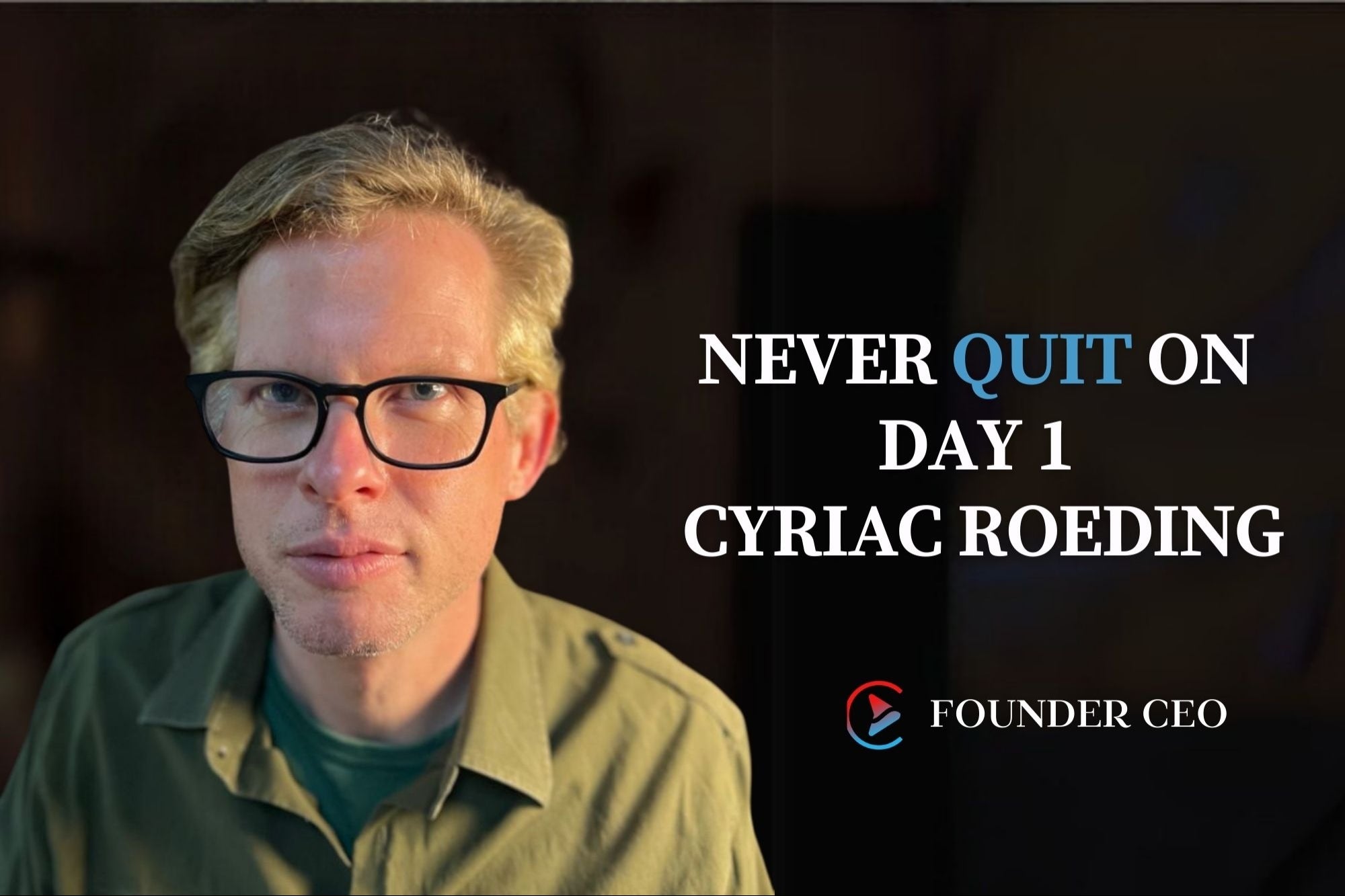How Real Leaders Make It Big When you break it down, there really are just a handful of ways to be remarkably successful ... or so it would seem.
By Steve Tobak Edited by Dan Bova
Opinions expressed by Entrepreneur contributors are their own.

Whatever your definition of success, you wouldn't be reading this if you didn't want to get there someday. We all do. The question is, how?
Don't get me wrong, I don't mean that to be rhetorical or even a provocative question. I mean to answer it directly. But first, let's make sure we're asking the right question. Maybe instead of "how," we should be asking "what?"
"What" is whatever you're passionate about. Whatever gets your juices flowing? What drives you, motivates you, inspires you? If you don't know what that is yet, that's cool. We've all been there. But the only way to find it is by getting out in the real world and working, playing, and learning. You know, doing stuff. Getting experience.
I found my "what" in the high-tech industry. I certainly wasn't alone. So did lots of successful entrepreneurs and executives like Steve Jobs, Oracle chairman Larry Ellison, and LinkedIn CEO Jeff Weiner, to name a few. But once they got there, the real question is, how? How did they rise to the top?
Related: Why There Aren't More Entrepreneurs
And therein lies the rub. "How?" is a very tricky question. The answer is definitely not the same for everyone, but when you break it down, there really are just a handful of ways to make it big … or so it would seem.
Do your own thing.
Every great company on earth was founded by someone. Virgin's Richard Branson, FedEx's Fred Smith, Whole Foods' John Mackey – it's a long, long list. I chose those three because, while their passions couldn't have been more different, they each found a problem they wanted solved and went for it.
Branson wanted cheaper records, so he sold discount records by mail order. Mackey wanted healthier food, so he started a health-food store. Smith wanted shipments to be faster and more efficient, so he modeled FedEx to be like a bank clearing house, except with planes and trucks.
The "how," in this case, is finding a problem that needs to be solved – that you personally want solved in a big way – coming up with a solution, and then going for it without stopping to look back.
Climb the corporate ladder.
Everyone may want to make it big on their own these days, but if I had to guess, I'd say that at least as many people have highly successful and fulfilling careers in the corporate world as in entrepreneurial endeavors. That's the route Weiner took and now he's running LinkedIn. Not a bad result, if you ask me.
In fact, I didn't have a passion right out of school and, since my folks were about as far from risk-takers as you could get, entrepreneurship wasn't in my blood. So I climbed the corporate ladder, became a senior executive, and that gave me the knowledge and experience I needed to spend the second half of my career as a consultant and writer.
The "how," in that sense, is excelling at your job function, aggressively taking on more and more responsibility, and helping to make your company the best at what it does. That paid off big-time for Weiner, for me, and for millions of others.
Related: Anchor Babies? What Really Matters in U.S. Presidential Race.
Piggyback on a startup or two.
One of the biggest problems I see in our culture is the tendency to see everything in black-and-white terms. Nothing is ever really black or white. The real world is entirely made up of shades of gray. And making it big in your career is no exception.
While you'll commonly hear the career question framed as something like, "Do you want to be your own boss or spend your whole life working for the man in some corporate behemoth?" those are definitely not your only two choices.
Yahoo CEO Marissa Mayer joined Google right out of school. Steve Jobs and Steve Wozniak worked for founder Nolan Bushnell at Atari. Actually, all three Apple founders worked there. I worked for two startups that went public, as well as two smallish public companies.
When searching for the right startup or smallish company to join, you don't just want one with great potential, you want one that needs what you bring to the party. That way, you can be a big fish in a little pond.
The point is, there are lots of ways to make it big. The last thing you want to do is limit your potential by cutting yourself off from a world of opportunities. My career has been a combination of all three methods; you can even mix and match.
Look at it this way. Life is long. Think of your career as a marathon, not a sprint. Just take it one step at a time and always put your best foot forward. That's how you do it.
Related: Money Can't Buy You Success











